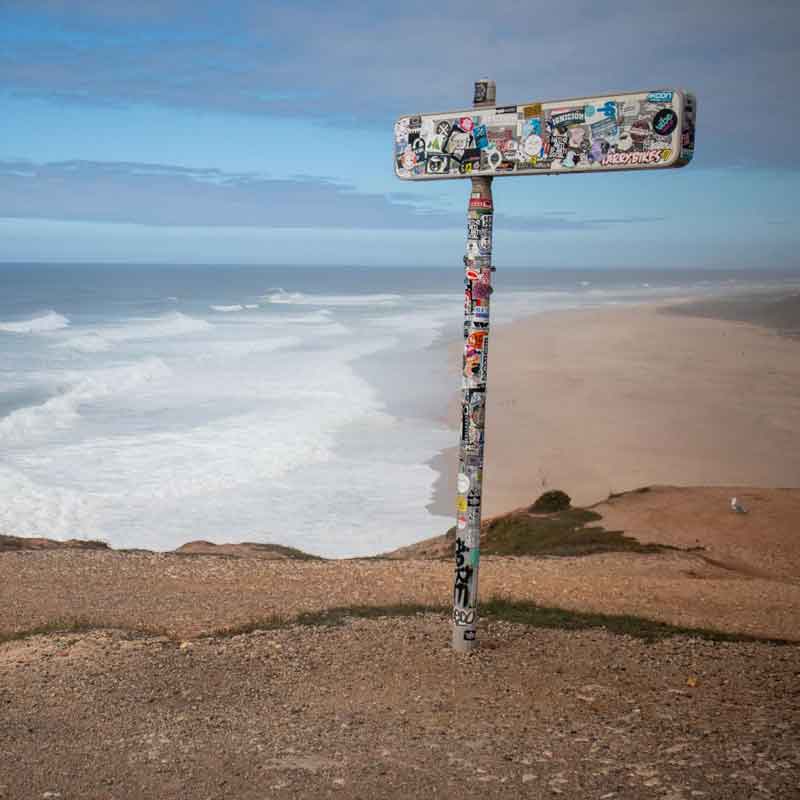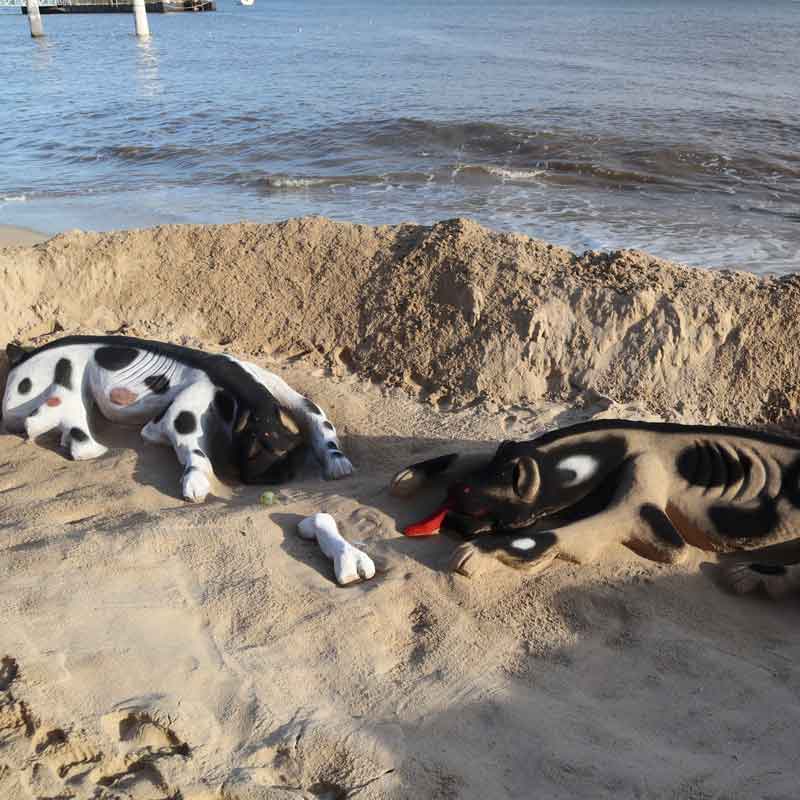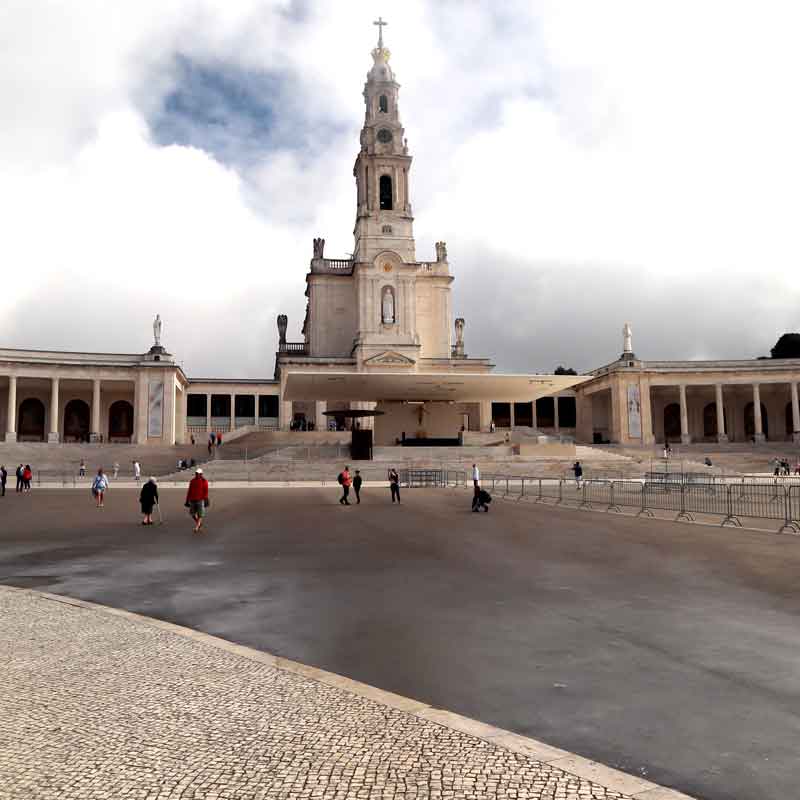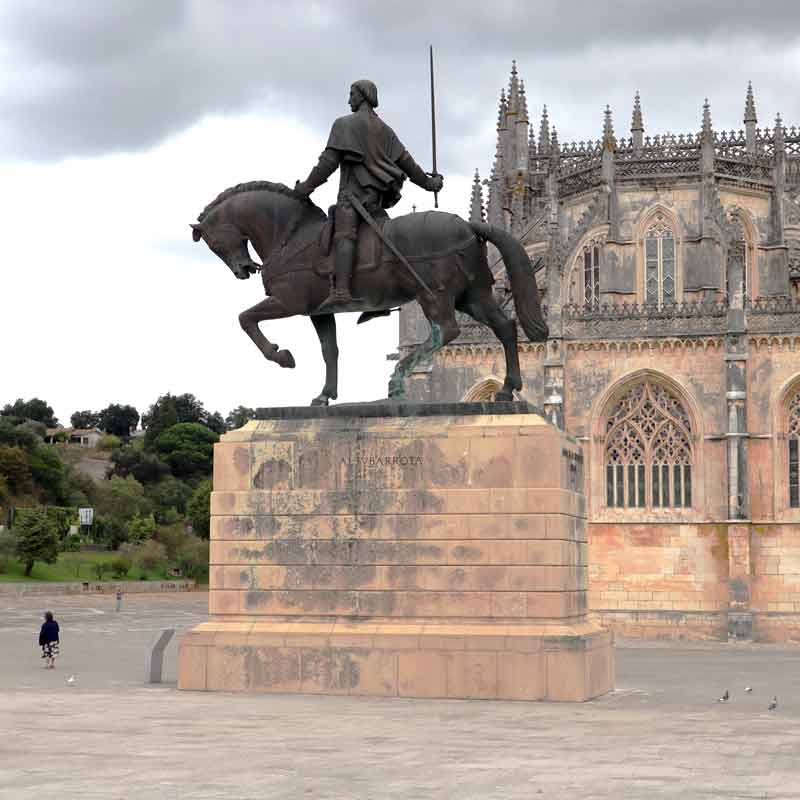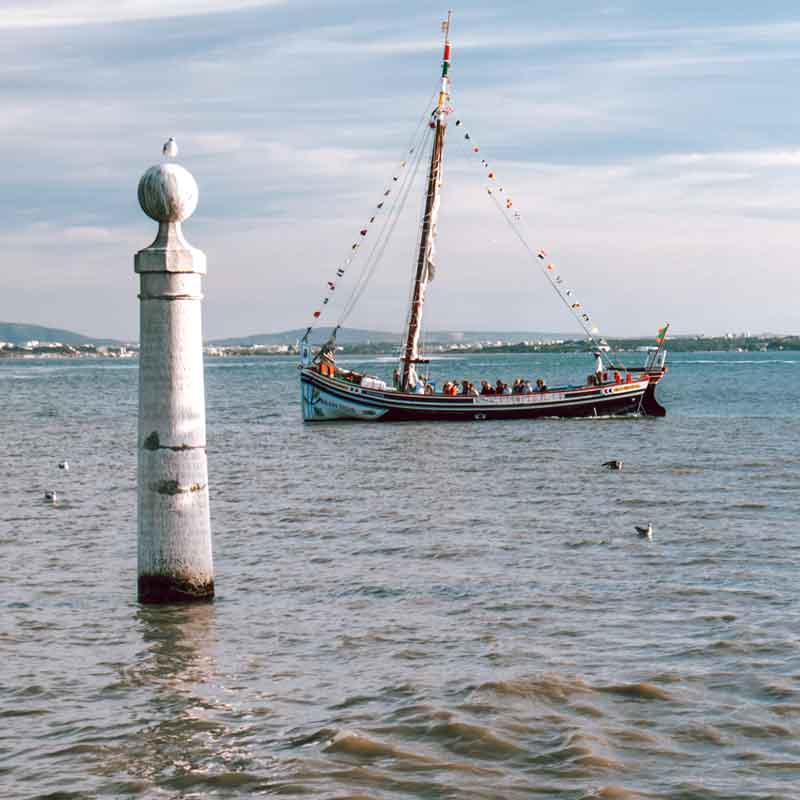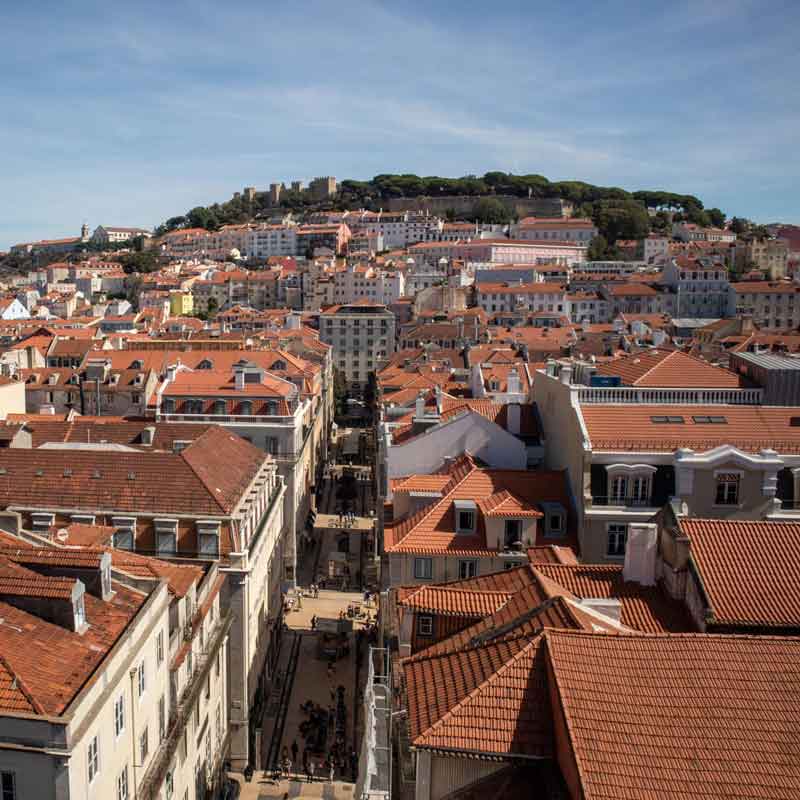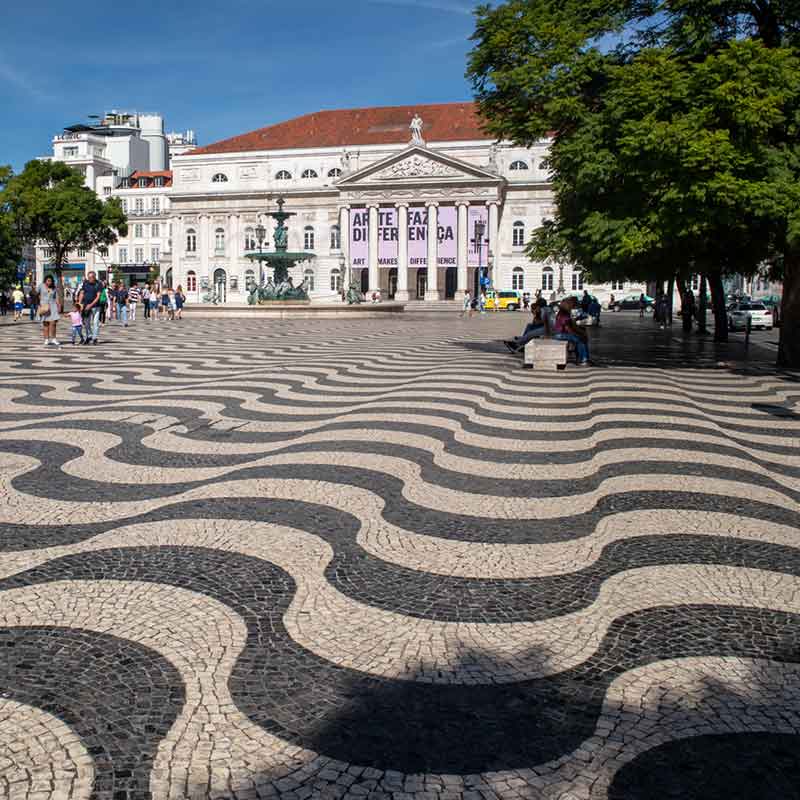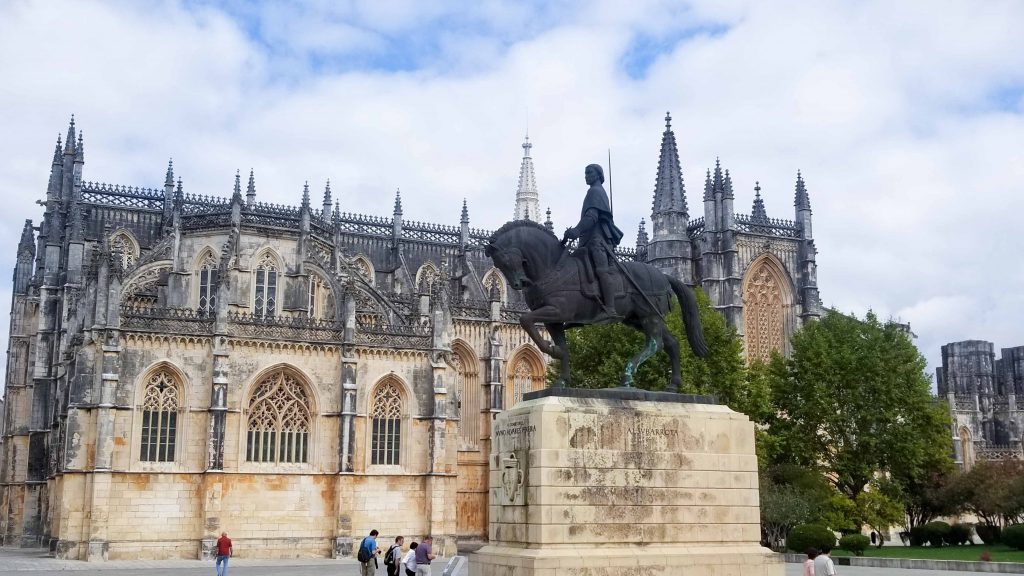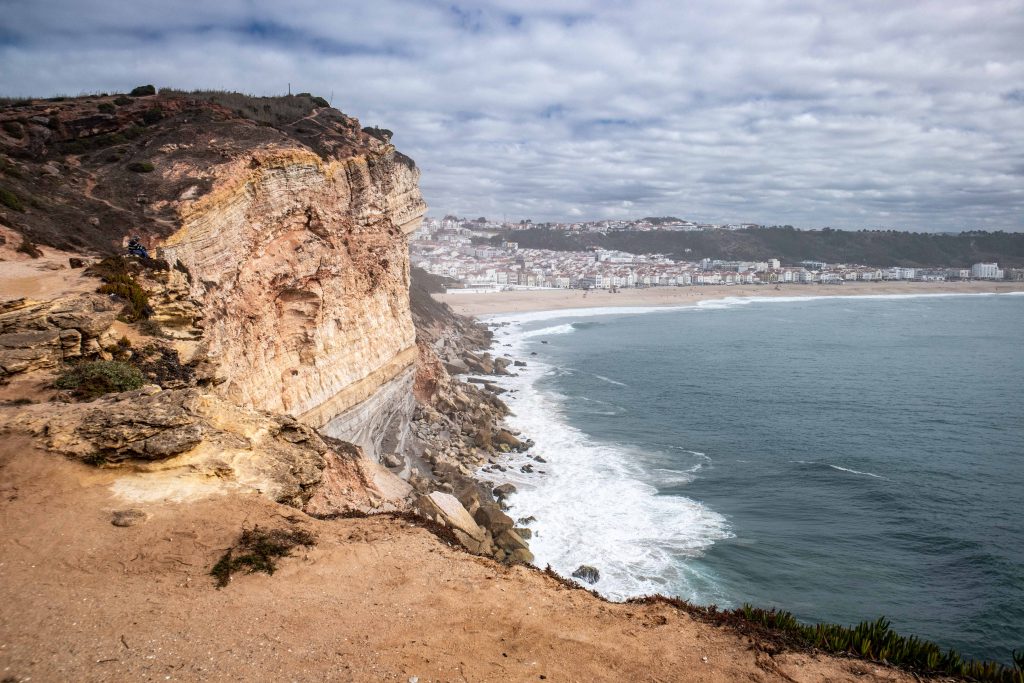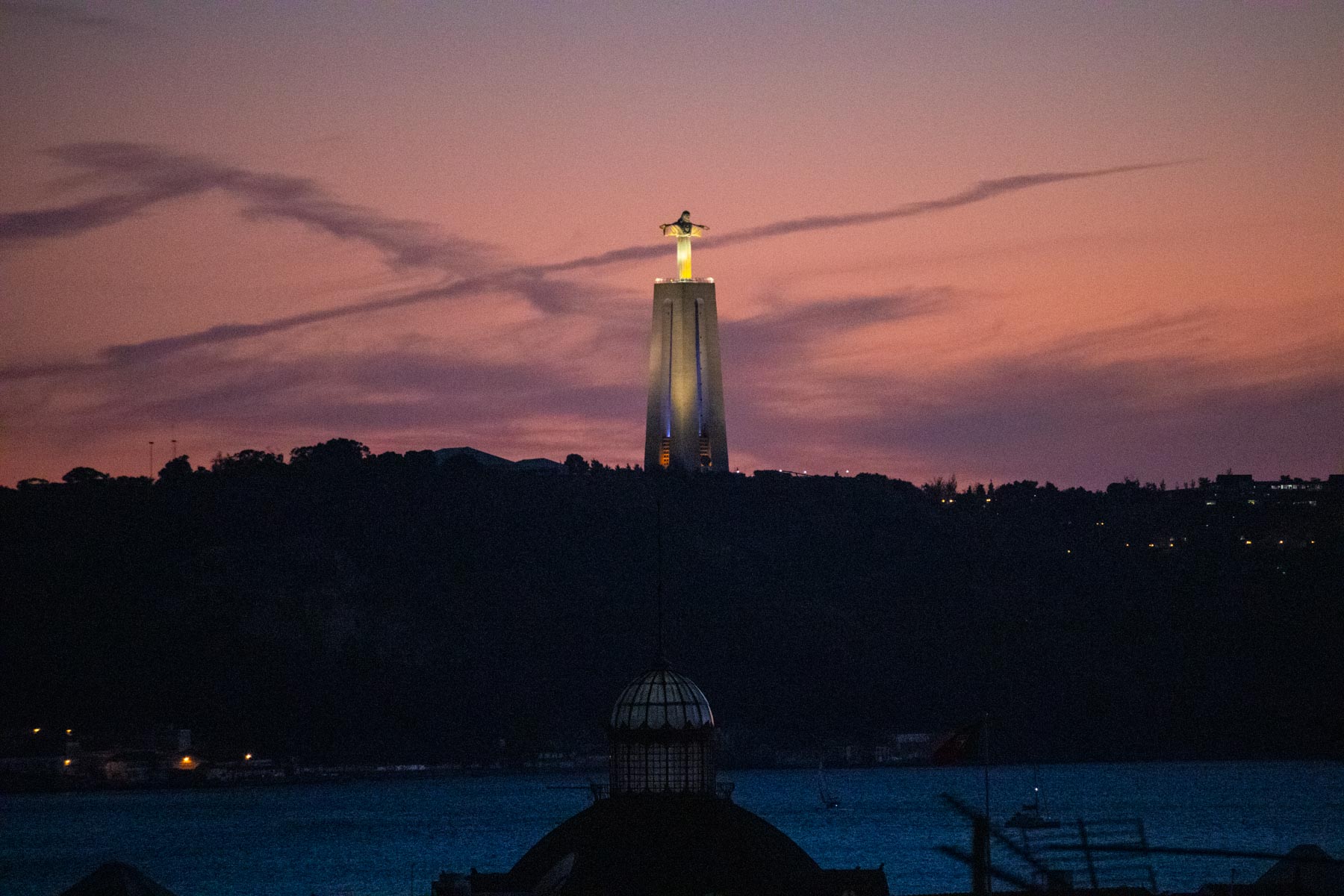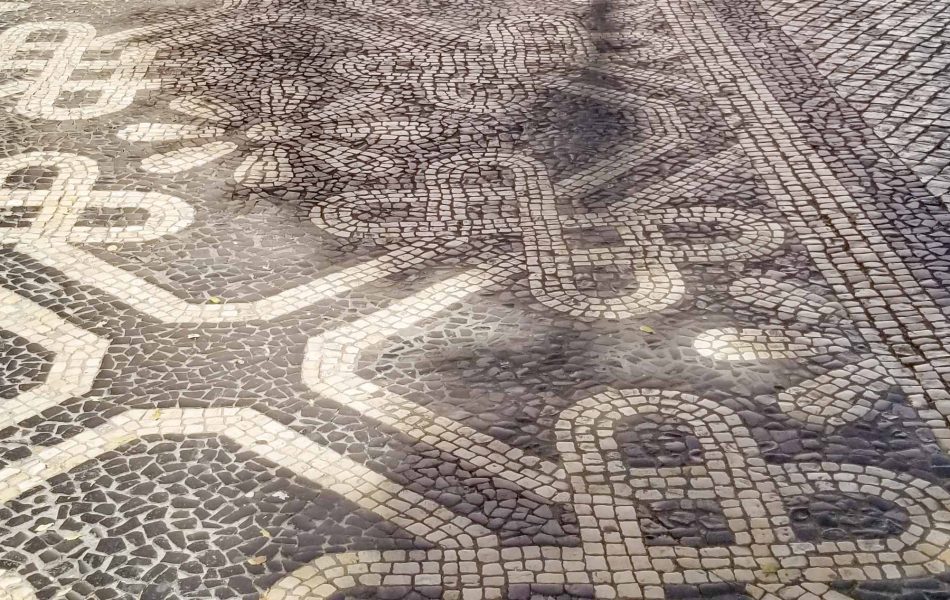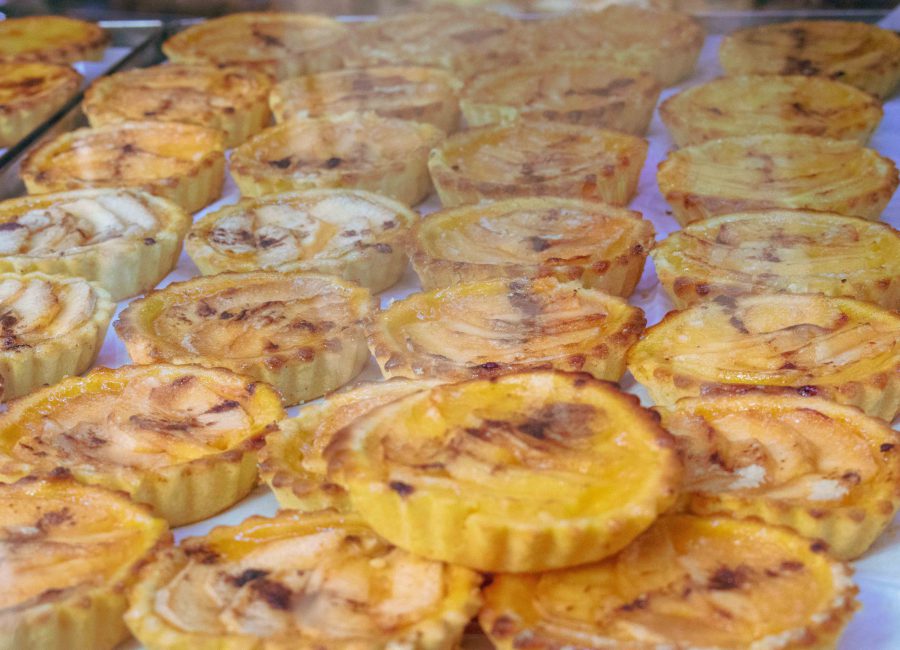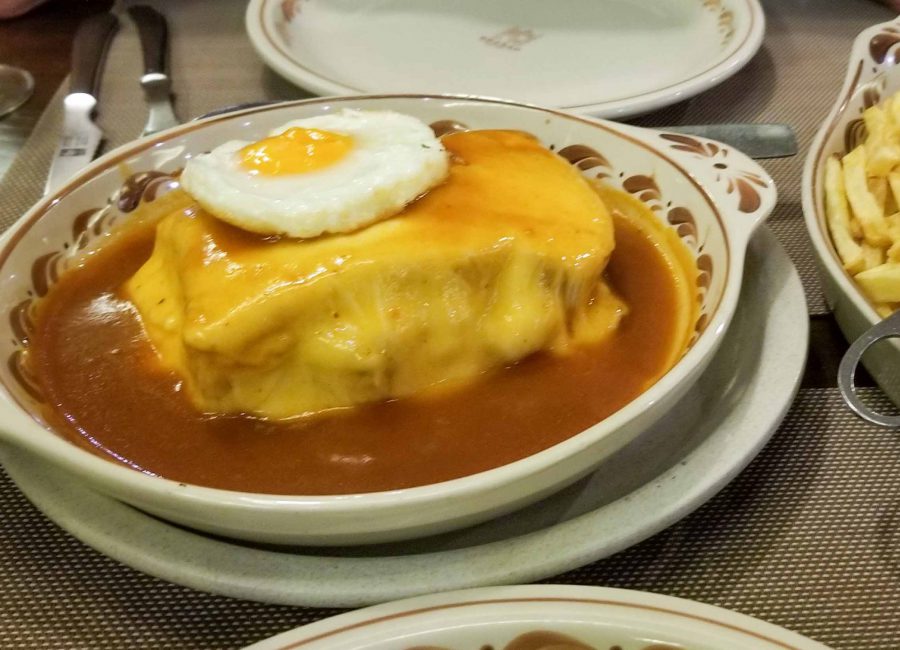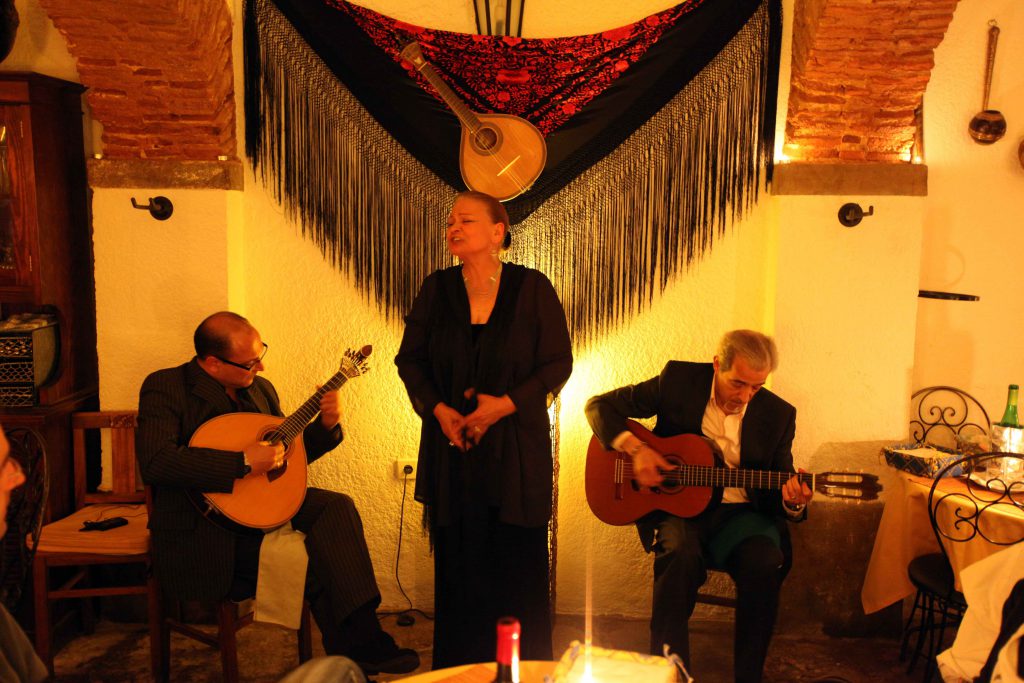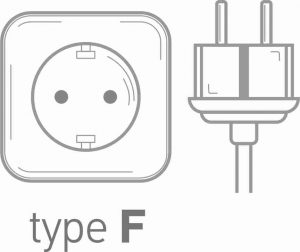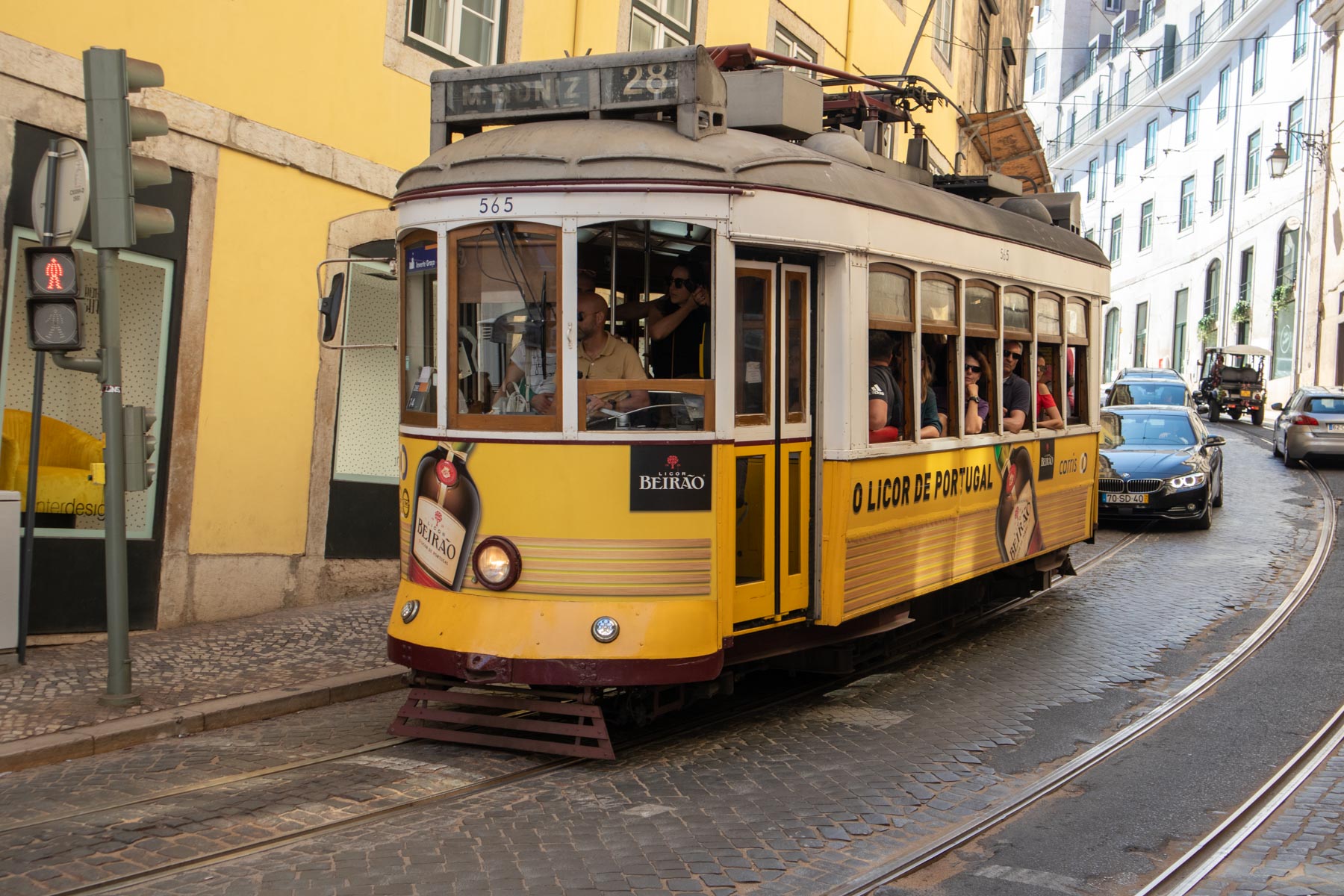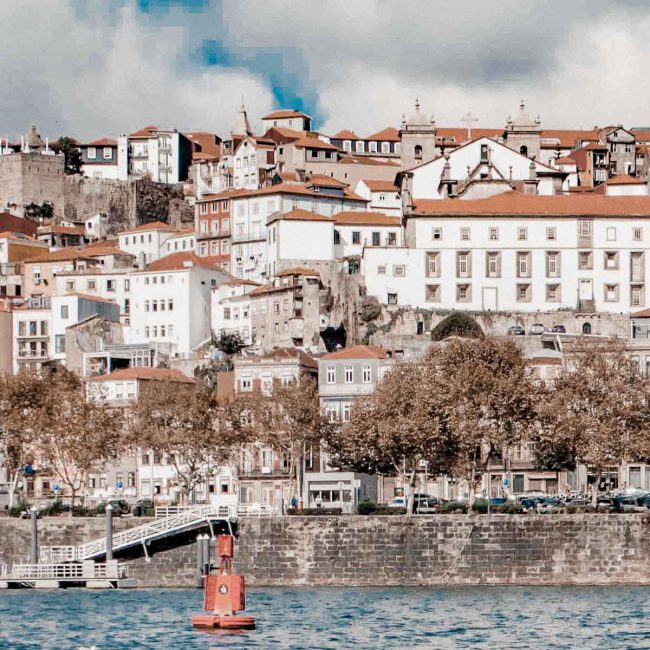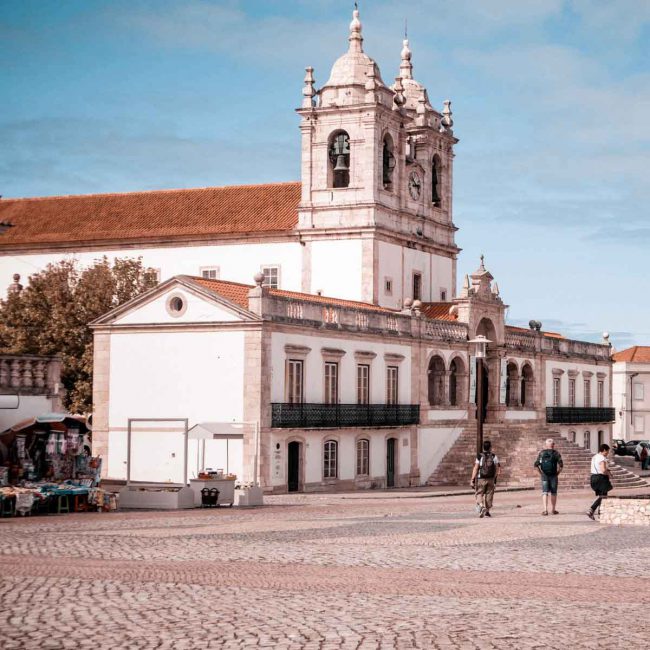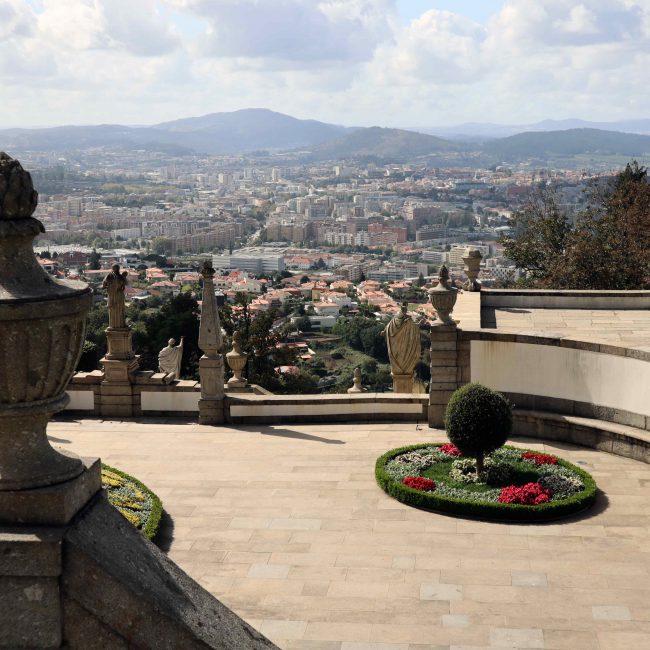What to Know Before You Go
Like most of Europe, Portuguese locals usually enjoy a long 2-3 hour lingering lunch between 12-3. This is often the biggest meal of the day. Locally owned shops and businesses are often closed during this time. Late night shopping and dining are common in urban areas. Restaurants, cafes and bakeries are often open until 11pm and some as late as 2am. In touristy areas, you can get a meal just about any time as many restaurants cater to the needs of visitors.
Currency – Portugal uses the Euro as its currency. Follow this link for current exchange rates. If you are traveling from a country that does not use the euro, look for a good currency exchange institution in your area and exchange some money in advance. We recommend having 200 hundred euros or so before entering the country. Twenty-four-hour ATM machines, called Multibanco, are plentiful in Portugal in larger cities as well as small towns. Most ATM’s have a limit of 200 euros per withdraw with a maximum of 400 euros per day. The fees vary per establishment usually ranging from 3-5 euros per transaction.
Major credit cards are accepted in most places throughout the country, but it is always a good idea to have some cash on hand just in case. Check with your credit company in advance to see what exchange rate they offer and what fees they charge if any.
Tipping – Although not mandatory and seen as a reflection of the service provided, tipping 5-10% in restaurants is appreciated as salaries in this industry are quite low. It is not necessary to tip for a coffee/ expresso or other beverages ordered in a café but leaving a small bit of change is common if you are happy with the service.
Tipping tour guides if you are extremely satisfied with the service is customary. Usually, 20 euros for a day trip from foreigners is typical. For shorter 2-3-hour group tours, 10 euros is appreciated, more if it is a private tour. Multi-day trips, 50 euros or more is normal depending on the length of the trip and the satisfaction of the service provided.
Electricity – The Portuguese electrical grid uses 230 volt power with a standard frequency of 50 Hz. The outlets used in Portugal are known as “type F”. Be sure to check the compatibility of your devices that you plan to use while in Portugal to ensure that they can accommodate 230 V and 50 Hz. You may also require an outlet adapter to ensure that you can plug in your devices. More information can be found in our “Shedding Some Light on Electricity” post.
Transportation – Portugal has a safe reliable and affordable public transportation system including planes, trains, trams, metros, taxis, and Uber. Renting a car is an option but not necessary unless you plan to explore less populated rural areas. Driving and parking in urban areas can be challenging and create unnecessary stress on travelers. Most locals who work in the public transportation industry speak English and are friendly and helpful.
Once in the country, traveling from one city to another by train is convenient, comfortable, and typically stress-free. Purchasing tickets in advance is recommended. Visit Comboios De Portuagal to get your tickets.
When choosing your accommodations within the city or town you are visiting, always look at a map to see where the areas of interest are. It is worth spending a little extra on your hotel or apartment to be within walking distance of the major attractions. Walking from place to place is a great way to experience the culture, get the true vibe of the area, and use up those extra calories you consume as you taste some of the delicious traditional pastries. We have found Uber to be very reliable and inexpensive for those times when walking is not an option.

